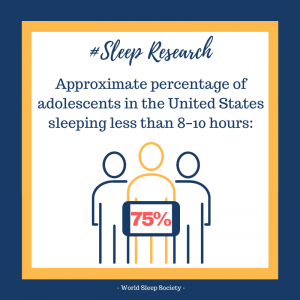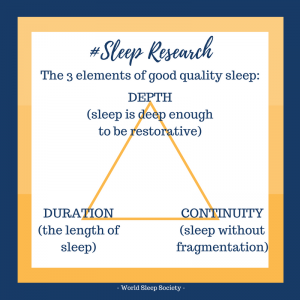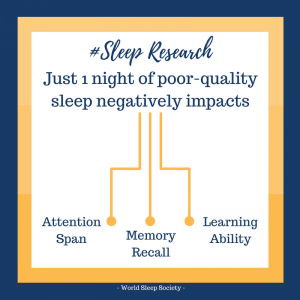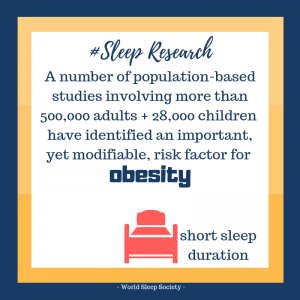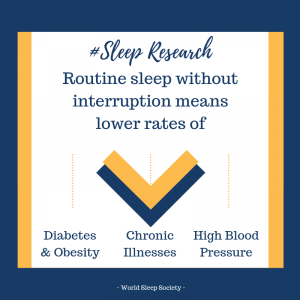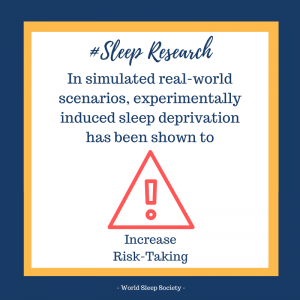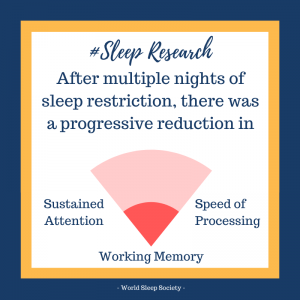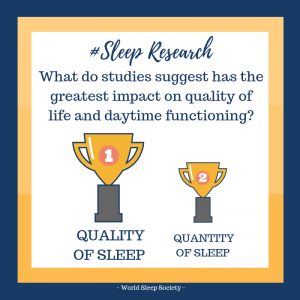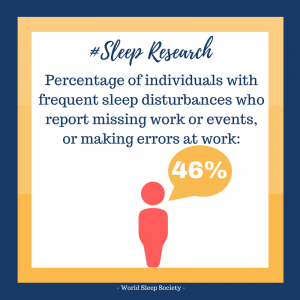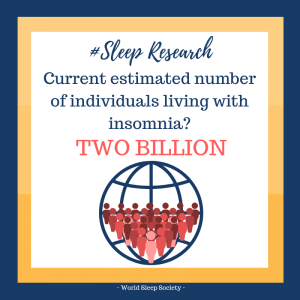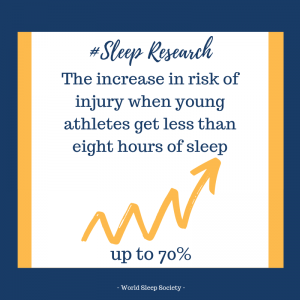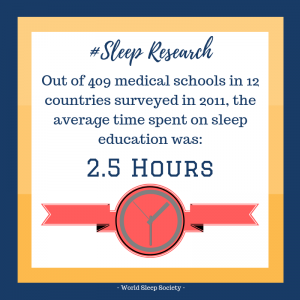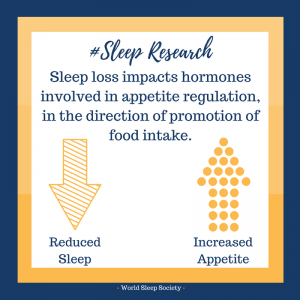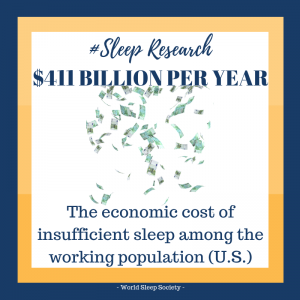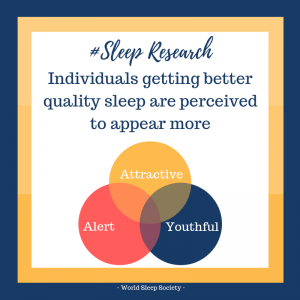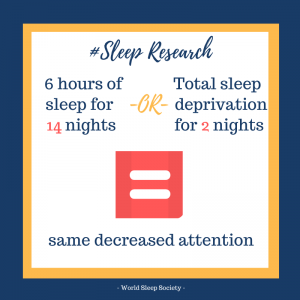Menü
MEDICAL TECHNOLOGY FOR INNOVATIVE DIAGNOSTICS
Today is the 13th annual World Sleep Day®
World Sleep Society is issuing a global call to action about the importance of healthy sleep. Today (Friday, March 13, 2020) is the 13th annual World Sleep Day®. Created and hosted by World Sleep Society, World Sleep Day is an internationally recognized awareness event bringing researchers, health professionals and patients together to recognize sleep and its important impact on our health.
World Sleep Day 2020 slogan, ‘Better Sleep, Better Life, Better Planet,’ highlights sleep’s important place as a pillar of health, allowing for better decision making and cognitive understanding in even big issues, such as our planet. This focus is purposefully broad in meaning, surrounding the message that quality of life can be improved with healthy sleep. Conversely, when sleep fails, health declines, decreasing quality of life. Sound sleep is a treasured function. World Sleep Society has compiled ten tips for healthier sleep. These recommendations for children and adults can be viewed on worldsleepday.org under resources.
Dr. Liborio Parrino is Chair of the World Sleep Day Committee. Dr. Parrino expresses, “If we really want to contribute to the planet’s survival, a wise activity is to extend the period of our sleep time. That’s why this year’s World Sleep Day slogan connects good sleep to improved planet health.” Increased sleep periods mean less consumption of fuel, electricity, food and oxygen (breathing is attenuated during sleep). Better quality sleep also reduces the risk of labor-related and road accidents, promotes the secretion of melatonin and protects the natural circadian clock, which can prevent premature aging in humans. Dr. Parrino adds, “Extending our sleep period also improves our mental and body performances during the day and, last but not least, enhances our dreaming experience, as REM stages are mostly concentrated in the final portion of sleep, which is often curtailed by the urging rules of modern life.”
Phyllis C. Zee, MD, PhD, Professor of Neurology and Director of the Center for Circadian and Sleep Medicine at Northwestern University Feinberg School of Medicine goes on to suggest, “Actions we can take include prioritizing sleep with exercise and nutrition, maintaining regular sleep and wake timing, averaging 7-9 hours of sleep duration and if suffering from a chronic sleep disturbance, by discussing sleep with your doctor.” Over the past decade, there have been major advances in our understanding of neural mechanisms, linking the important relationship between sleep and cognitive health. Mounting evidence indicates that sleep is an active process in which recently-encoded memories are consolidated and transferred for long-term storage. Dr. Zee adds, “Sleep enhances the ability to remove waste products from the brain—which can harm brain function.”
Professor Fang Han, MD of The Sleep Center, Peking University People’s Hospital in Beijing, China states, “Sleep is important for one’s cognitive health. Sleep can restore your brain function in many aspects, such as learning, memory, and mood.” Sleep disorders may cause impairment of a person’s oxygen supply, disturb your immunological system, or damage your brain structure. Dr. Han states, “World Sleep Day is an opportunity to be aware, sleep regularly, sleep enough, and treat sleep disorders.”
SOMNOmedics is pleased to support such an important initiative!
